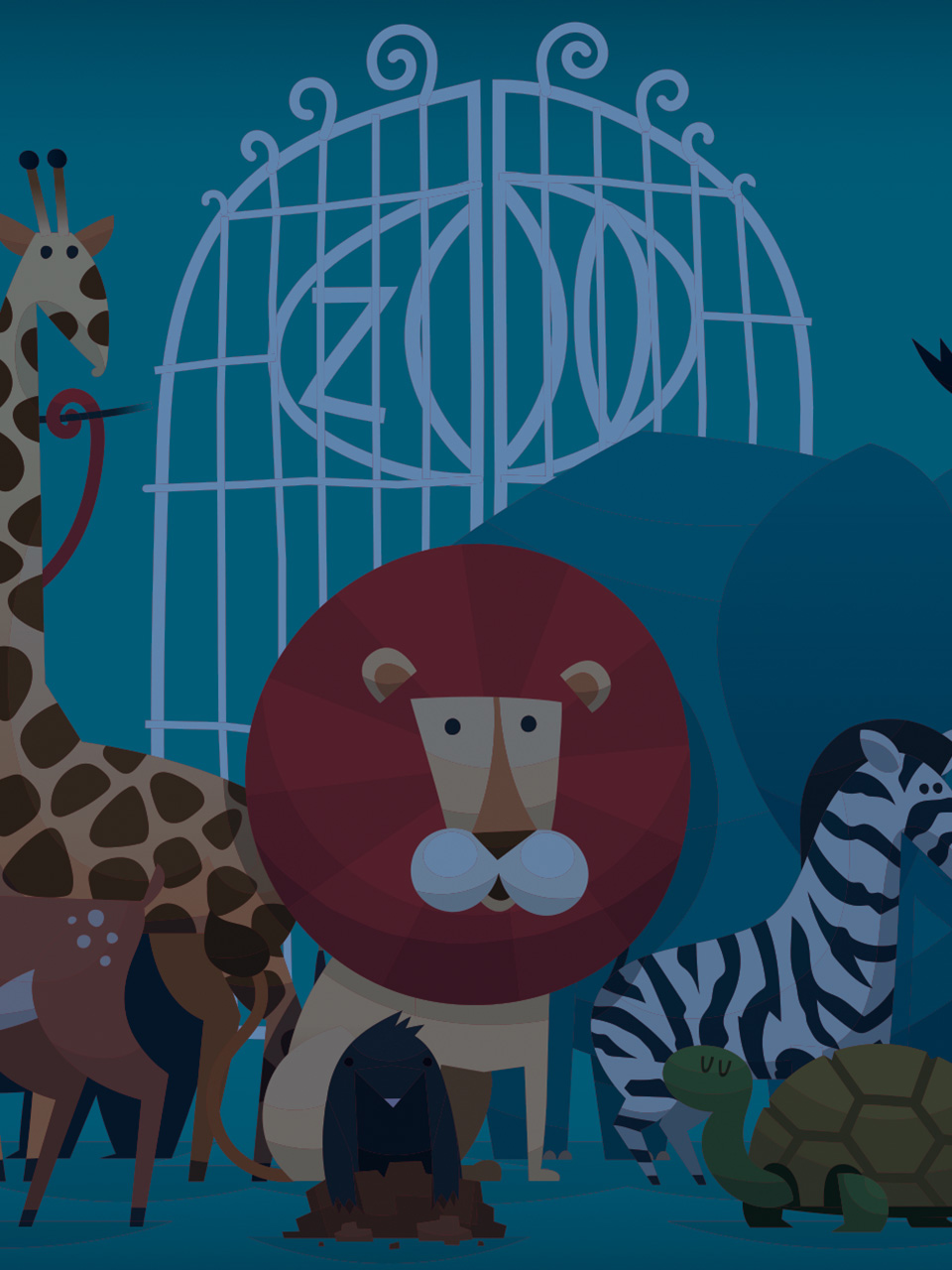If you are planning to pursue a career in Zoology, then you might be interested in knowing various career opportunities related to this field. Here is some information about the options that might be of interest to you!

Tap to Read ➤
Zoologist: Career Information
Ningthoujam Sandhyarani


If you are planning to pursue a career in Zoology, then you might be interested in knowing various career opportunities related to this field. Here is some information about the options that might be of interest to you!

Zoology is a division of biology that deals with the study of animals. It encompasses the structure, anatomy, characteristics, behavior, distribution, mode of nutrition, physiology, genetics, and evolution of animal species. Individuals who major in this subject are known as zoologists or at times, animal scientists.

These individuals work in close association with animals, either in the natural habitat or laboratory conditions, observe their behavior and educate about their illnesses. One can work as a zoologist after completing a bachelor's, master's, or doctoral degree.
An Overview of The Career

If you are fascinated by animals, interested in fieldwork and wildlife conservation, you can pursue a career in Zoology.

To become a professional zoologist, you must have a bachelor's degree in biology and a master's degree in zoology. There are several specializations in this field; taxonomists are mostly concerned with naming and classification of animal species, physiologists study the metabolic processes of animals and embryologists focus on the early stages of animals.

You can also specialize in one animal group, as per your interest. For example, ornithologists deal with birds, ichthyologists study fish, and mammalogists deal with mammals.

Teachers and Researchers
After completing a master's degree, one can teach in schools and colleges. In order to pursue a career in research, one should at least earn a master's degree. A zoologist can conduct research about a specific topic related to a particular animal species. A doctoral degree requires 4 - 6 years of research, along with a written dissertation.

After completing research, one can continue as an independent researcher or work as a professor in colleges or universities. Another option is to join as project leader or research director and lead other budding zoologists in research projects.

Zoos and Museums
A zoologist can also work in zoos and museums as administrators, educators, and curators. Animal educators focus on making the visitors understand about the animals, which are on display. They solve queries (if any) of visitors regarding the zoo animals.

Zoo curators concentrate on acquiring animals for the zoo by practicing breeding programs, purchasing from other organizations or at times, from the wild. To pursue a career as a zookeeper, a bachelor's degree is sufficient. Zookeepers are responsible for managing and taking care of the zoo animals.
Biological Laboratory Technician

After earning a bachelor's degree in biology or zoology, you can work as a biological technician.

The job responsibilities include collecting data, taking care of animals, and habitat management of the animals. In general, there is less career growth in this field. A laboratory technician can also assist a researcher or work with other private companies.
Animal Behaviorists and Rehabilitators

Animal behaviorists train employees of zoos and museums on how to interact and befriend animals. They mainly focus on behavior of animals in the natural habitats (ethology).

Animal rehabilitators, on the other hand, take care of the ill and injured wild animals. After the animals regain their normal conditions, the rehabilitators release them in the wild.

Zoologists can work in private companies or as ecological consultants, one of the most demanding jobs at present. Private organizations concentrate on long-term impacts of industries and other development projects on wildlife and their natural habitats. The ecological consultants collect data and offer recommendations about the pros and cons of the project.

The job of an animal conservationist is also exciting, which is mainly based on the conservation of wild animals and their habitats. Overall, salary of a zoologist and the growth opportunities of this profession depend upon the qualification, experience, and type of the organization.